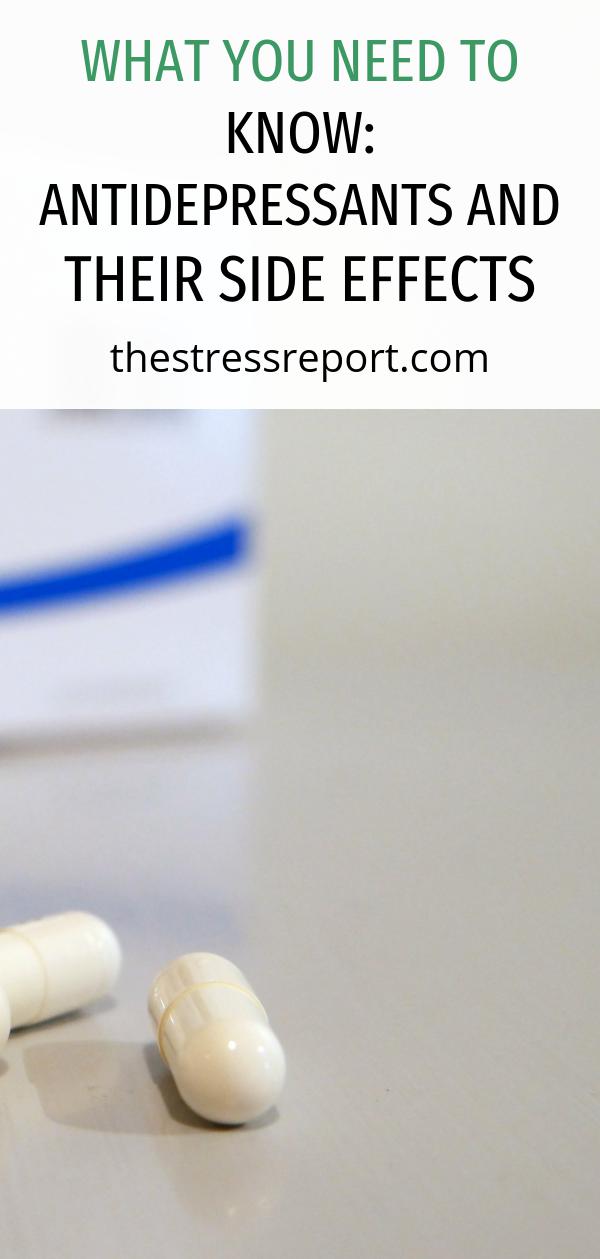


Both further affected his mood, anxiety, and level of isolation. After a referral to the resident mental health clinic, bupropion was discontinued and mirtazapine was initiated at 7.5 mg nightly as a replacement fluoxetine adjunct. Within weeks of this addition, the patient began to have an increase in sexual urges and fantasies. Both believed fluoxetine remained of partial benefit and bupropion was started at 150 mg daily as an adjunctive intervention to assist mood and anxiety. The patient further relayed these symptoms complicated his adjustment to the outside world and led to social isolation. This led to the initiation of fluoxetine which was eventually titrated to 60 mg daily and believed effective. In the fall of 2018, the patient informed his primary care physician of a progressive increase in anxiety, lack of motivation, low energy, and depressed mood, which began after his release from prison. There was no history of alcohol abuse or recreational drug use in our patient.ĭuring incarceration in 2014, the patient was diagnosed with major depressive disorder and generalized anxiety disorder. This was his third incarceration for the sexual molestation of a child, the most recent being the three-year-old daughter of a family friend. The patient was released from prison two years prior to presentation after serving a sentence for first-degree sexual assault. This is the case of a 57-year-old Caucasian male with a reported past history of major depressive disorder, adjustment disorder, anxiety disorder, and pedophilic disorder, referred by his primary care provider for “sad mood and irritability.” To the best of our knowledge, similar cases have rarely been reported in the medical literature. We are reporting a case of bupropion-induced hyper-sexuality when used as an adjunct to address anhedonia in a patient that presented with major depressive disorder and paraphilias. In addition to its similar effectiveness in the treatment of depression, it separates itself from many of the other available antidepressants by its activation, decrease in anhedonia via improvement of the impaired reward processing seen in depression, and superior sexual side effect profile which includes alleviation of sexual side effects induced by selective serotonin reuptake inhibitors (SSRIs). It is as effective as other antidepressants but is less likely to cause common antidepressant-associated side effects such as sexual dysfunction, weight gain, and sedation. Devoid of clinically significant serotonergic effects or direct effects on postsynaptic receptors, bupropion is the only norepinephrine dopamine reuptake inhibitor (NDRI) currently approved by the Food and Drug Authority (FDA) for the treatment of depression. It is associated with a unique clinical profile with efficacy comparable to that of other antidepressants. Bupropion was first developed to improve the safety and tolerance of existing antidepressants.


 0 kommentar(er)
0 kommentar(er)
